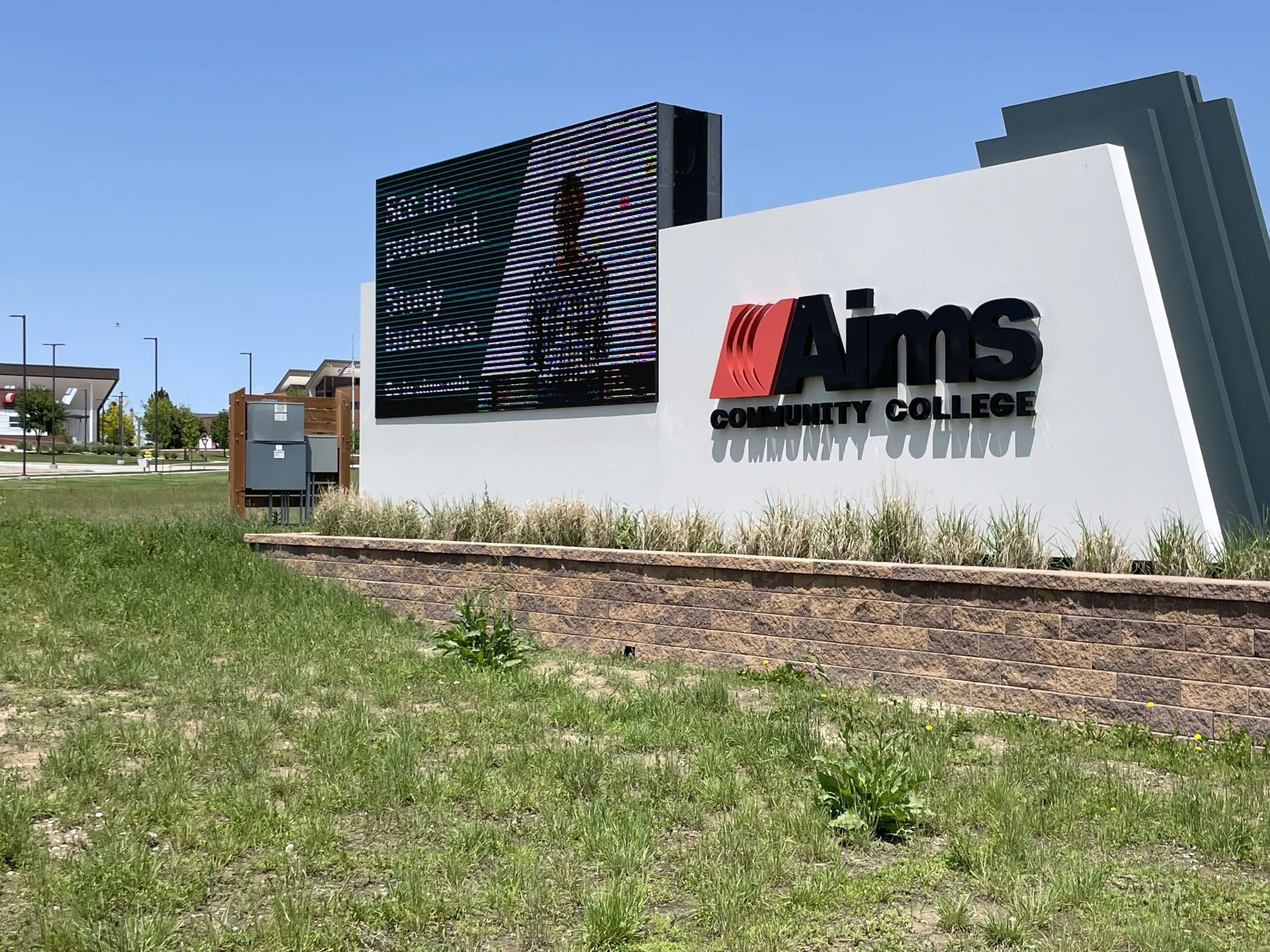FRCC, U.S. Dept. of Labor partner on apprenticeship program
WESTMINSTER — Front Range Community College will be the first Colorado institution to participate in the U.S. Department of Labor’s Apprenticeship Ambassador program.
As participants, FRCC said in a news release that it will:
- Promote and expand awareness of the benefits of registered apprenticeship in the U.S.
- Identify and scale innovative practices and partnerships to modernize, strengthen and accelerate the adoption of the registered apprenticeship model.
- Increase access and support for underrepresented and underserved populations in registered apprenticeships — including women, youth, people of color, rural communities, justice-involved individuals and people with disabilities.
- Communicate the business case for registered apprenticeships as a mainstream workforce strategy…
THIS ARTICLE IS FOR SUBSCRIBERS ONLY
Continue reading for less than $3 per week!
Get a month of award-winning local business news, trends and insights
Access award-winning content today!
Already have a paid subscription?
Sign in with GoogleSign in with Google



